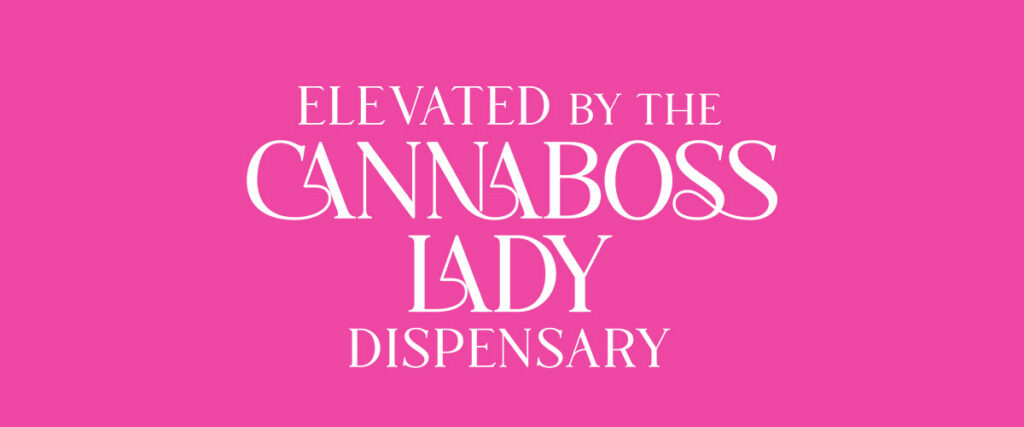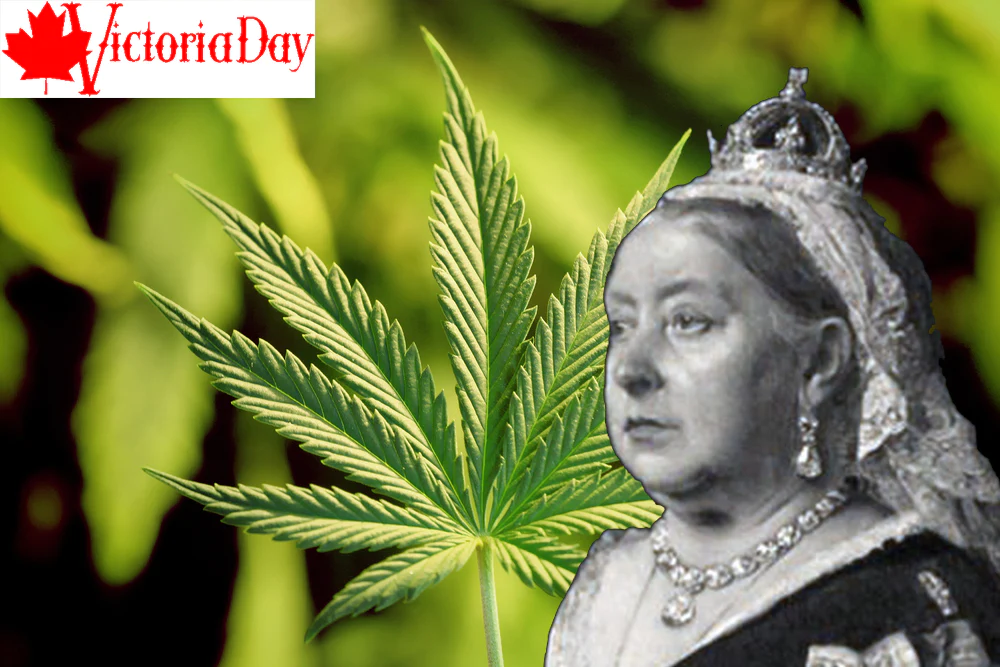
Many may think that the history of cannabis is a subject dominated by men. Turning the pages of history, however, reveals that women have played a significant role in the celebration of this plant for all its uses – as a medicine, as a vehicle for creativity, and, in the form of hemp, as a powerful manufacturing resource.
One reason cannabis has been popular with women over the ages is because of they may have used it for menstrual cramps. It even is rumored that Queen Victoria, who ruled from 1879 to 1901, had a prescription for cannabis for this very condition. Although the history is hazy around this issue and widely debated, we do know that she suffered from debilitating cramps and that her personal physician, Sir J. Russell Reynolds was a strong advocate of cannabis. He wrote, “when pure and administered carefully, [cannabis] is one of the most valuable medicines we possess.”
Another queen who was an advocate of the plant, though for different reasons, was Queen Elizabeth I. She made it a law that every farmer who had more than 60 acres of land had to devote a portion of it to growing hemp or face an additional tax. The queen found hemp highly valuable, as it was used for making rope, sails, and other naval equipment, all of which was for her to stay in power as they were all crucial in maintaining military strength.
Two famous female writers who were advocates for the plant, and who surely appreciated it for its creative properties, were Louisa May Alcott and Maya Angelou. Alcott, famous for writing Little Women, also had several lesser-known stories that mentioned cannabis. In A Perilous Play, one of the characters consumes edibles. Of this experience, she wrote:
“A heavenly dreaminess comes over one, in which they move as if on air. Everything is calm and lovely to them: no pain, no care, no fear of anything, and while it lasts one feels like an angel half asleep.”
The story ends with the declaration, “Heaven bless hashish if its dreams end like this!”
Maya Angelou’s second memoir, which followed the famed I Know Why the Caged Bird Sings, was titled Gather Together in My Name. Angelou, who had suffered from a very traumatic childhood, recalls her first time smoking:
“From a natural stiffness, I melted into a grinning tolerance. Walking on the streets became a high adventure, eating my mother’s huge dinners as opulent entertainment, and playing with my son was side-cracking hilarity. For the first time, life amused me.”
These are just a few of the many women throughout history who celebrated cannabis. From recognizing it for its ability to build sails, rope, and other naval equipment to see it as a medicine for both physical and mental ailments, women have found cannabis highly useful and worthy of high regard.
More Reading:
September 12, 2023
Float & Toke with Flying Witches – Aire Fitness x CannaBoss Lady x General Store
0 Comments1 Minute

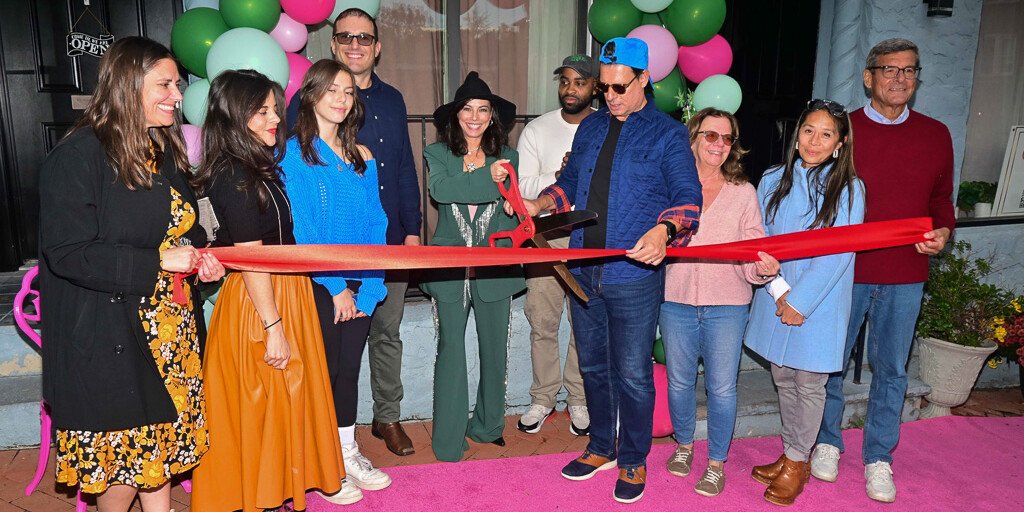
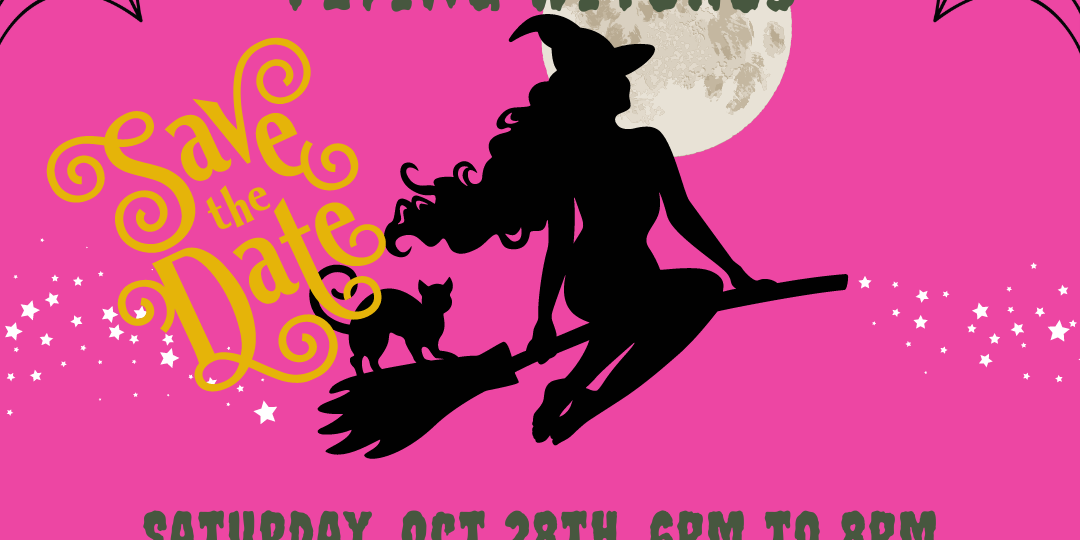

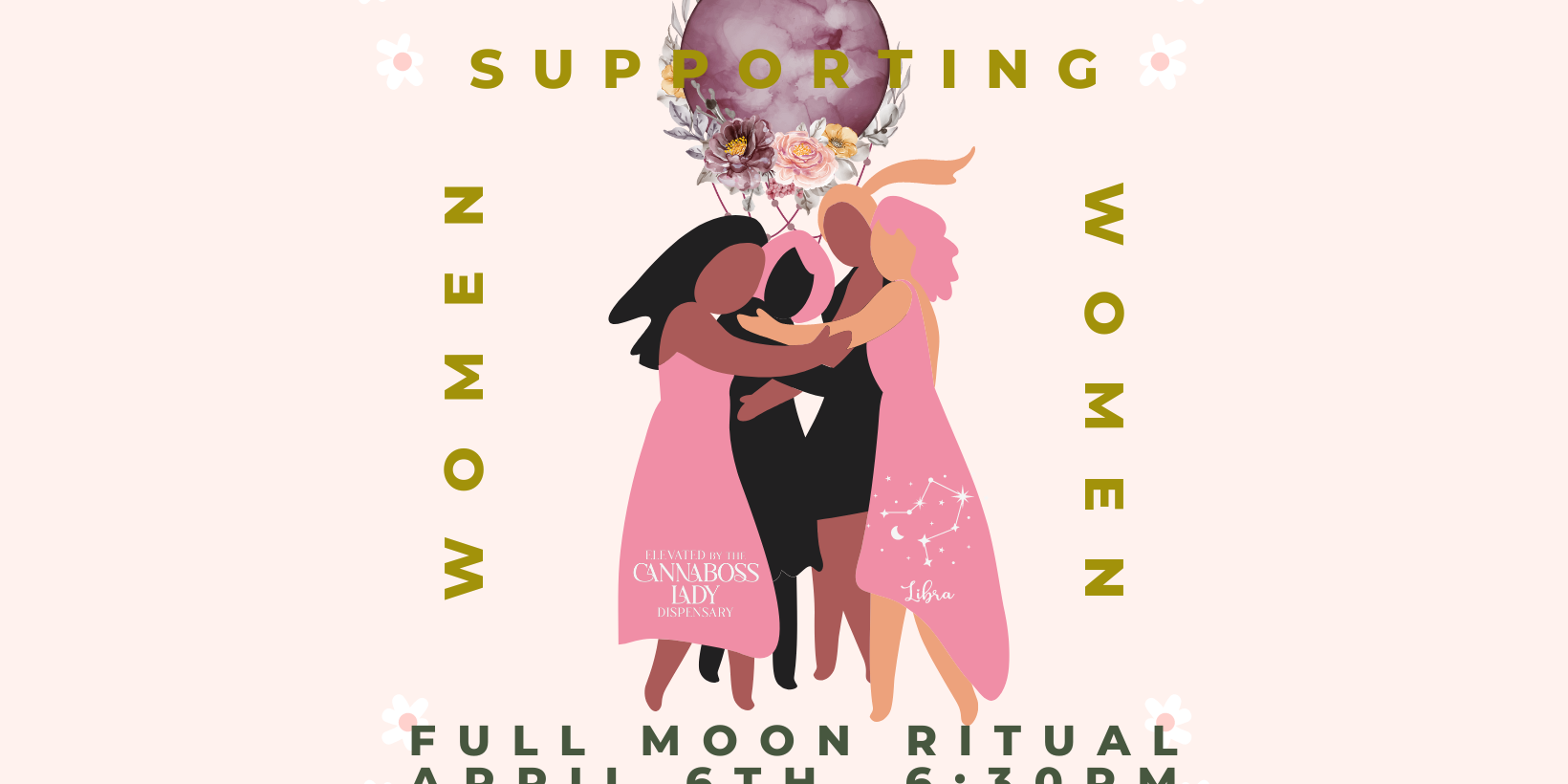
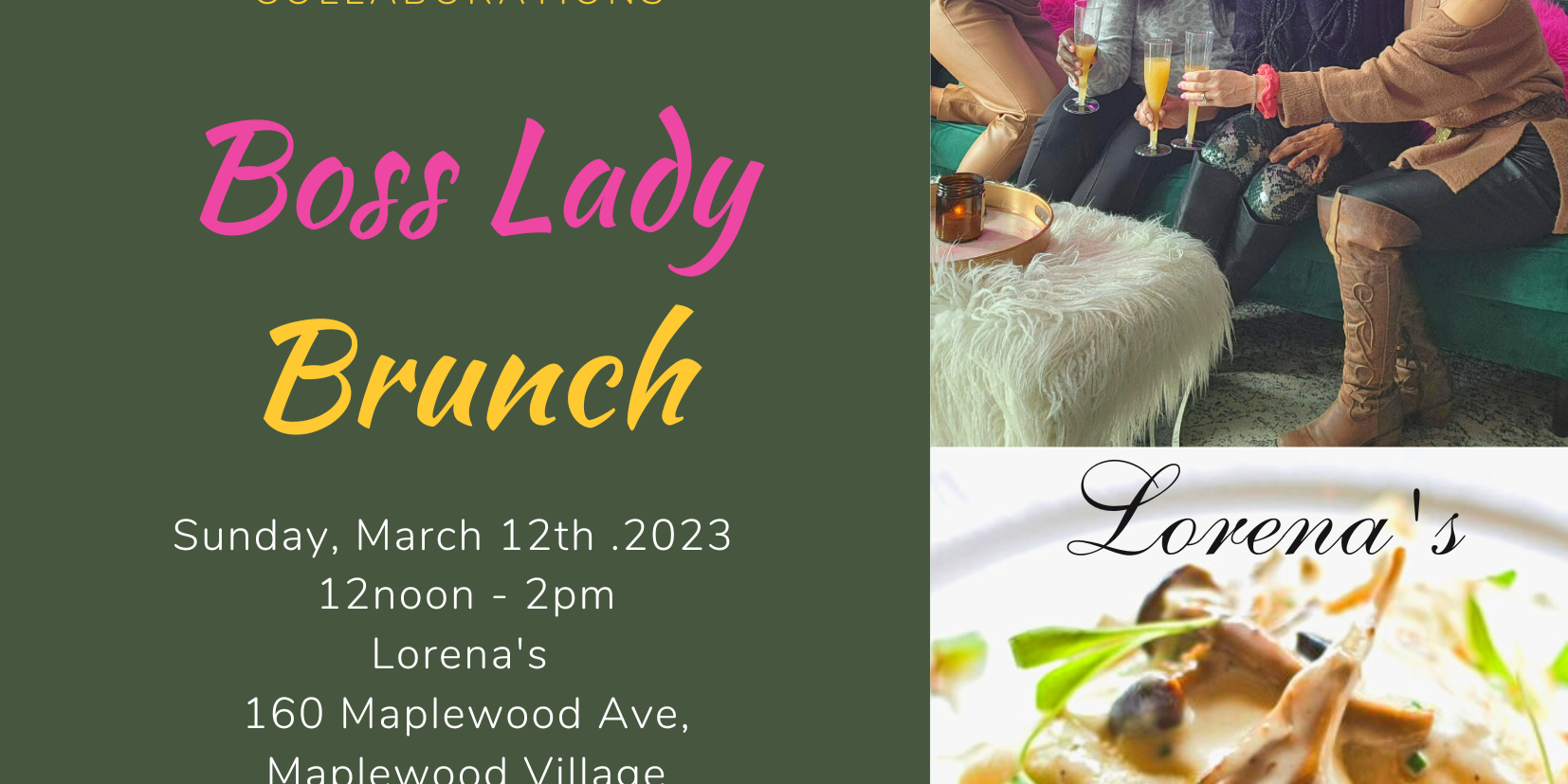
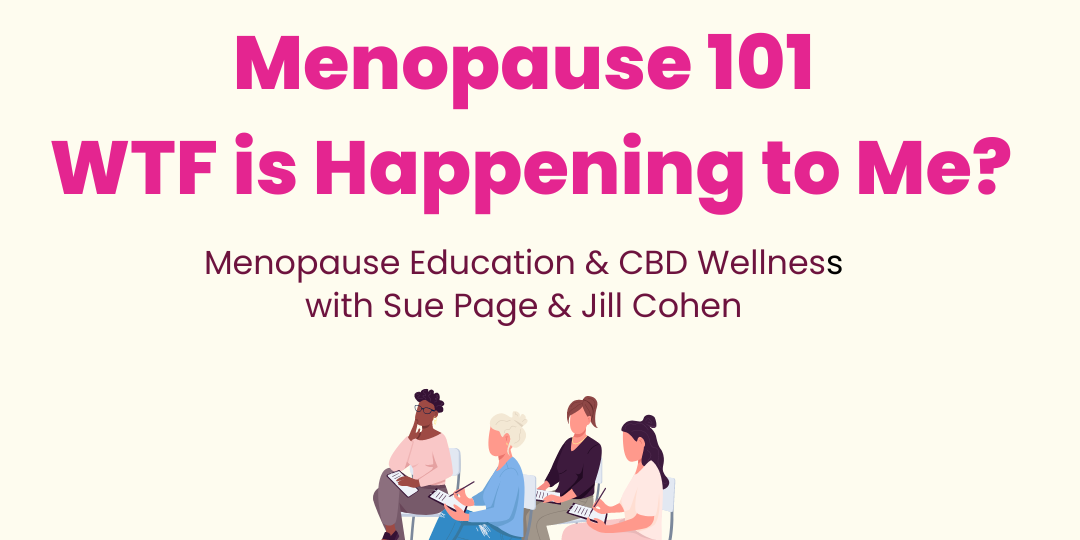
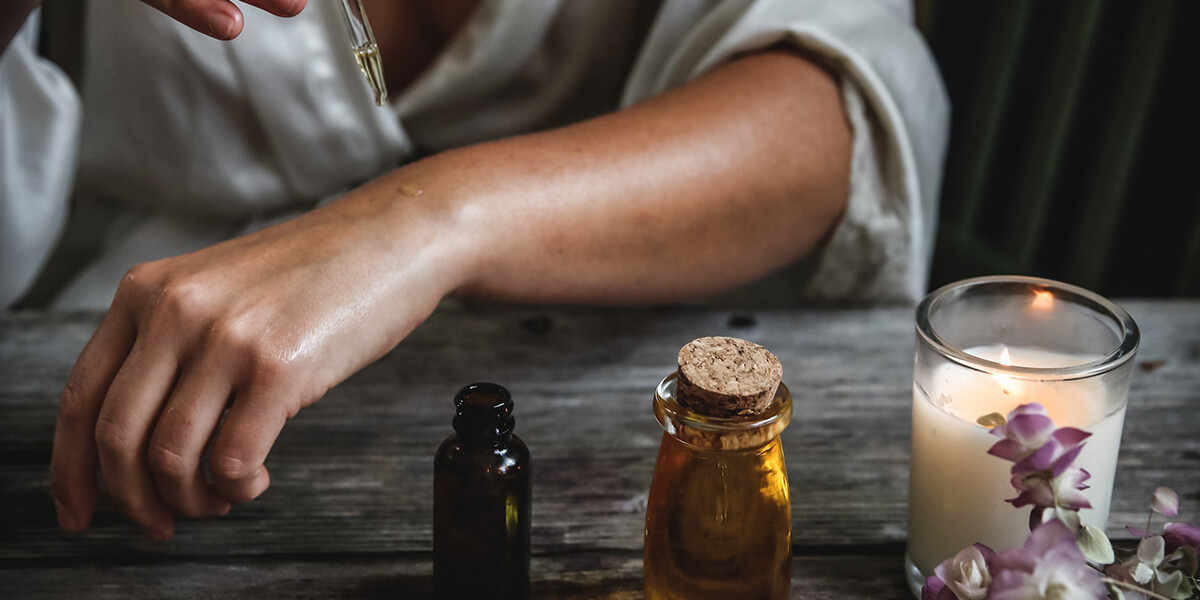
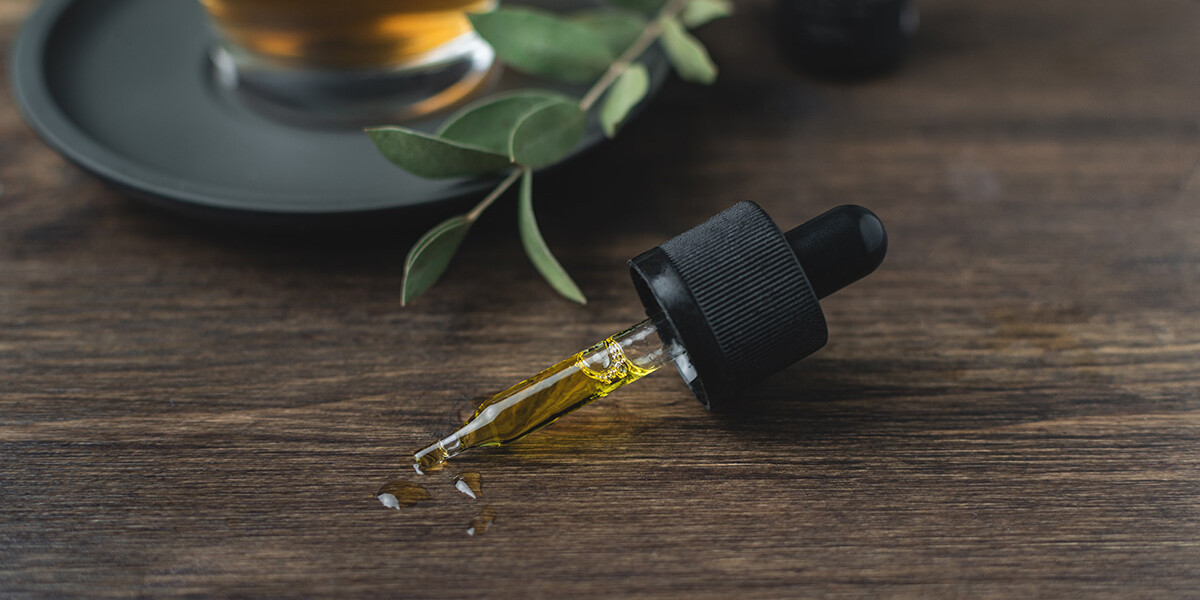
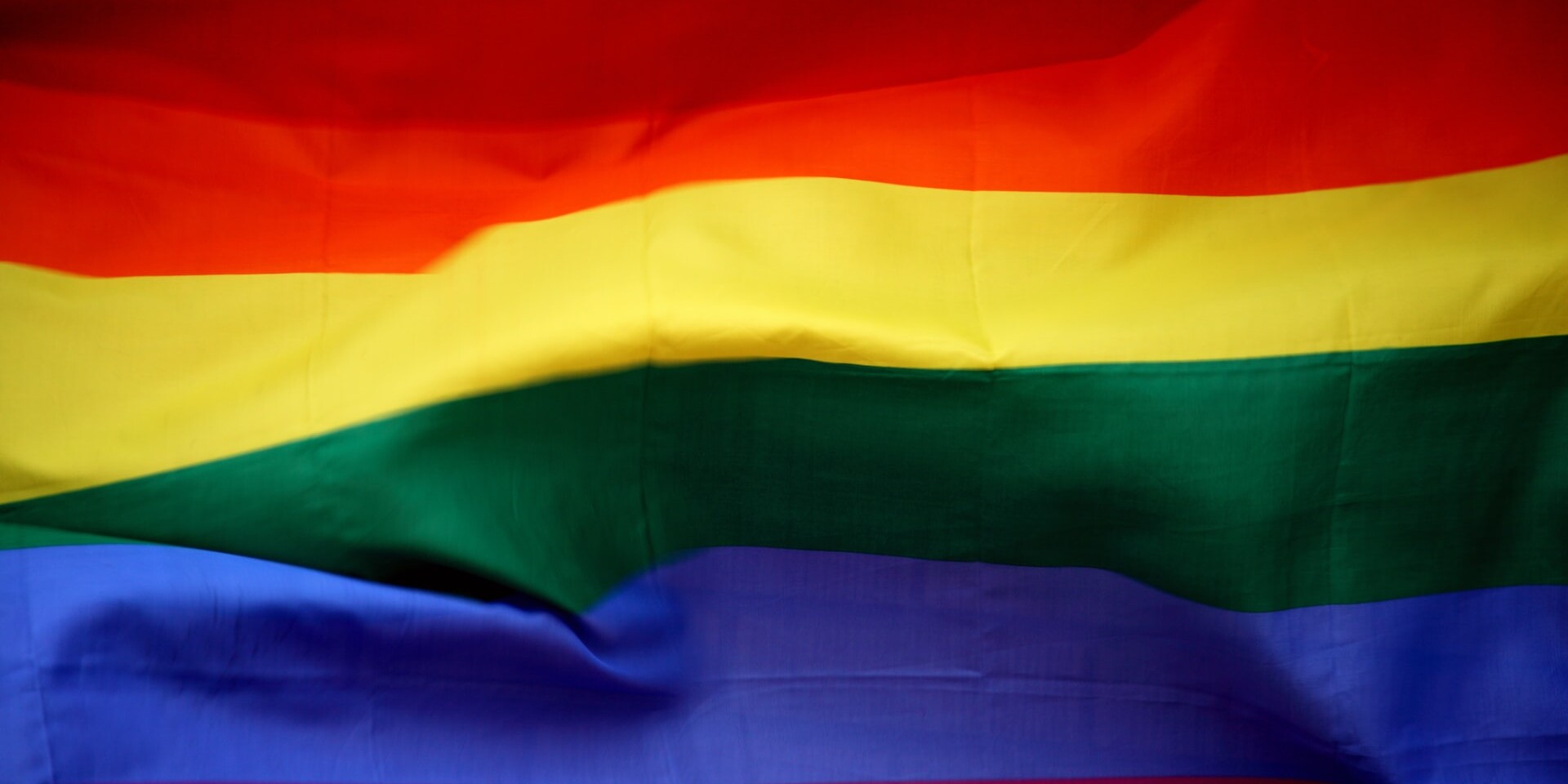

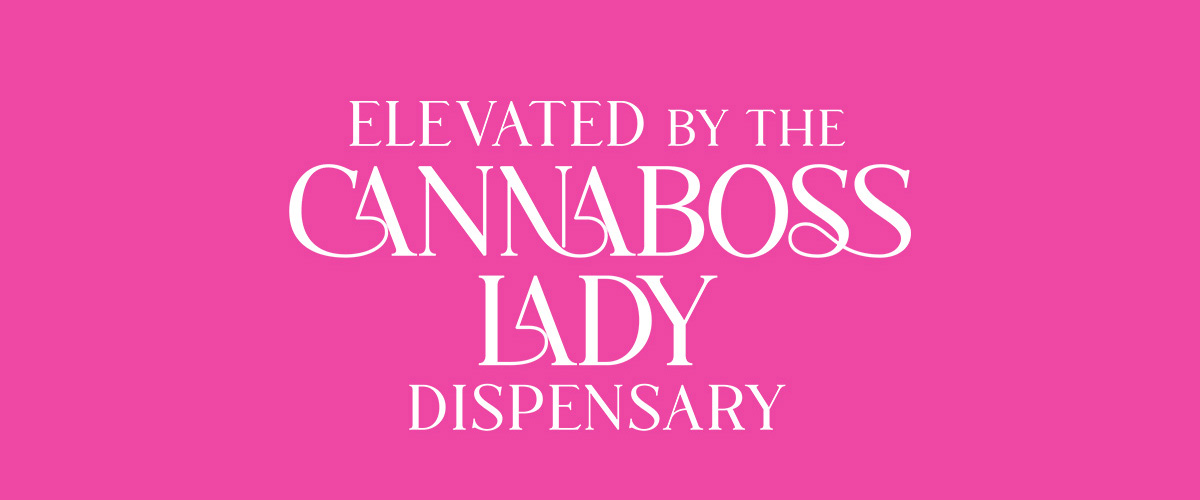 We’re excited to welcome you to our new Elevated dispensary experience, later this year.
We’re excited to welcome you to our new Elevated dispensary experience, later this year.